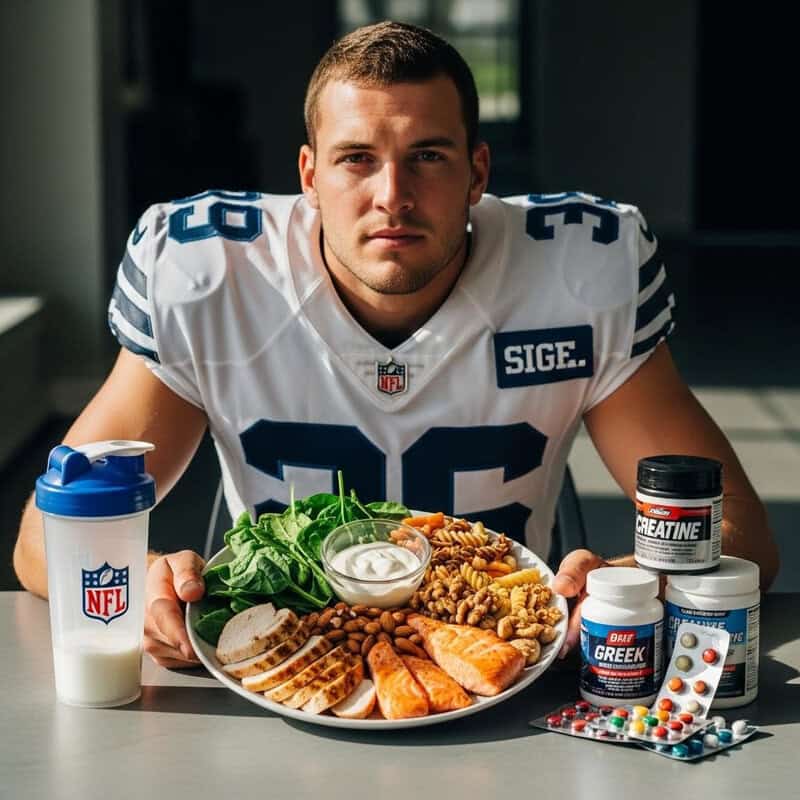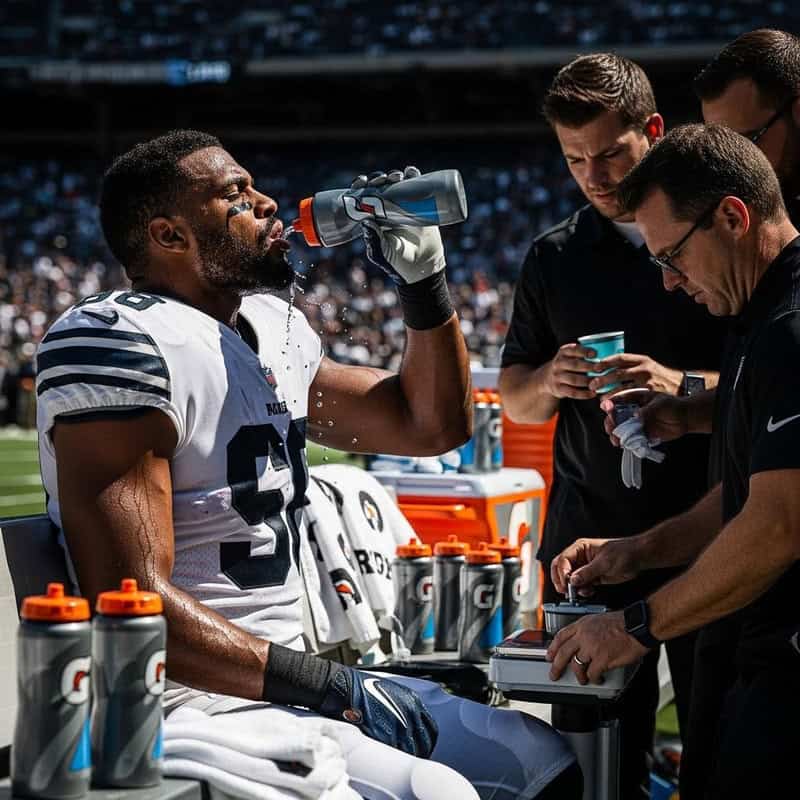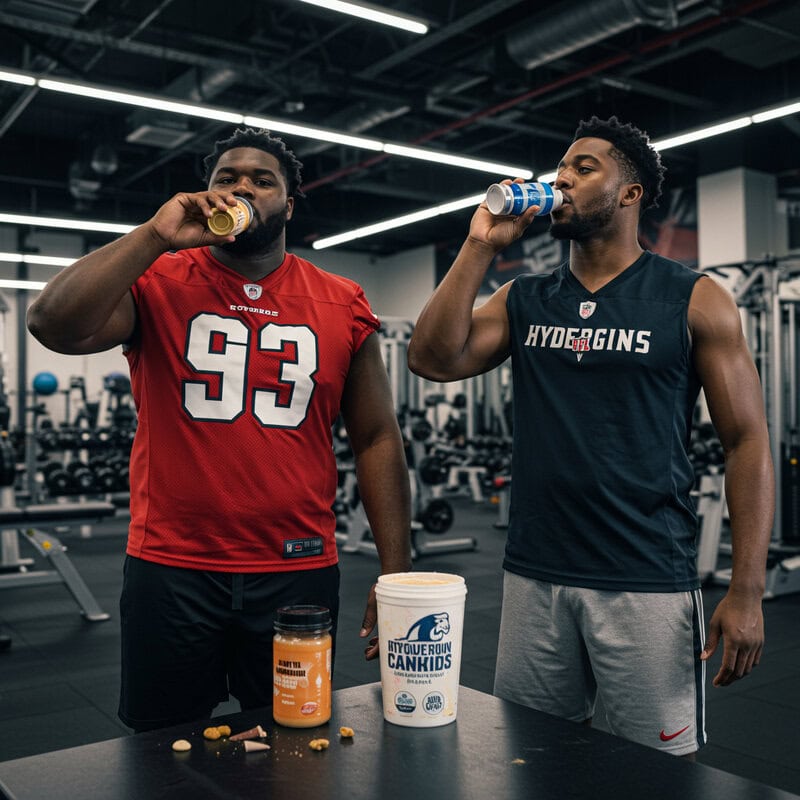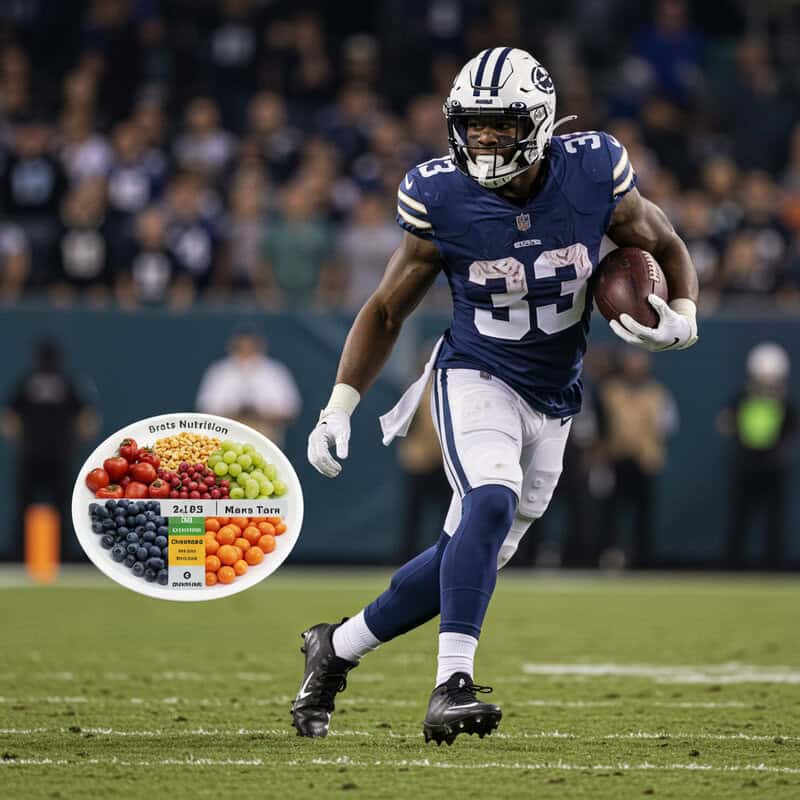Optimize Micronutrient Intake

Micronutrients such as vitamin D, calcium, iron, and magnesium play vital roles in supporting NFL players’ health, muscle function, and readiness for competition. Vitamin D and calcium are crucial for bone strength and injury prevention, while iron supports oxygen transport for endurance, and magnesium aids in muscle recovery and nerve function.
To avoid deficiencies, athletes should consume a diverse diet including leafy greens, lean meats, dairy, nuts, and fortified foods. Regular blood testing and nutritionist guidance ensure adequate levels. Optimal micronutrient status not only boosts performance but also shortens recovery time and reduces the risk of stress fractures and fatigue. Learn more from the Gatorade Sports Science Institute.





